Sprint's alleged bad behavior could doom the proposed merger with T-Mobile

Back in 2017, T-Mobile spent $7.99 billion to pick up 31MHz of low-band spectrum up for bids at an FCC auction. The 600MHz spectrum that T-Mobile won has been and remains important to its current plans. Low-band airwaves travel farther than mid-and high-band airwaves do and they also can penetrate buildings better. Since obtaining this spectrum, T-Mobile has been using it to improve its nationwide 4G LTE network and it is also part of its strategy to complete the first 5G coast-to-coast pipeline in the states.
FCC chairman Pai not happy with Sprint's alleged behaviour with the subsidized Lifeline program
Speaking of T-Mobile's $26.2 billion merger with Sprint, a Democrat on the Republican-controlled FCC is seeking to delay the agency's vote on approving the deal. According to Bloomberg, commissioner Geoffrey Sparks was upset after hearing reports that Sprint had claimed payments over the subsidized Lifeline phone service for 885,000 subscribers who were apparently not using the service. FCC chairman Ajit Pai already said that he would approve the merger after T-Mobile promised to cover 97% of the U.S. (85% in rural areas) with low band 5G coverage no later than three years after the merger closes. T-Mobile also agreed to cover 75% of the country with mid-band 5G over the same time span and promised not to raise prices during those 36 months. The FCC might not actually vote on the merger until the end of this month, but new comments from FCC chairman Pai put his previous support for the deal into question. In a statement, Pai said, "It’s outrageous that a company would claim millions of taxpayer dollars for doing nothing. This shows a careless disregard for program rules and American taxpayers."
The Justice Department (DOJ) already agreed to the merger after Sprint agreed to sell off its pre-paid businesses including Boost Mobile and Virgin Mobile to Dish Network. If the merger is approved, Dish will try to replace Sprint as the nation's fourth-largest carrier and is receiving some 800MHz spectrum as part of its $5 billion transaction with Sprint. It also has agreed to a seven-year MVNO deal with T-Mobile that will allow Dish to start selling wireless service while it builds out its own standalone 5G network. The transaction between Dish, Sprint and T-Mobile won't take place until the T-Mobile-Sprint merger closes. And that might have to wait until a lawsuit filed by 17 state attorneys general seeking to block the deal is over. That trial doesn't start until December 9th.
Meanwhile, until its nationwide 5G network launches, T-Mobile continues to use 600MHz spectrum to improve data speeds on its 4G LTE network. For customers to take advantage of the improvements offered by these low-band airwaves, they must own a phone that supports this frequency. T-Mobile this morning released a video revealing what the wireless provider calls its top five phones that feature 600MHz support. The video, hosted by the carrier's animated Director of Creative Content Desmond Smith, lists the following handsets:
- Samsung Galaxy Note 10+
- Samsung Galaxy S10 5G (with 600MHz 4G LTE + mmW 5G support)
- OnePlus 7 Pro
- Samsung Galaxy S10e, Galaxy S10, and Galaxy S10+
- LG G8 ThinQ
Excluded from the list are the new Apple iPhone models, all three of which support T-Mobile's 600MHz spectrum.
Follow us on Google News



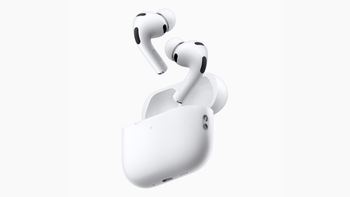
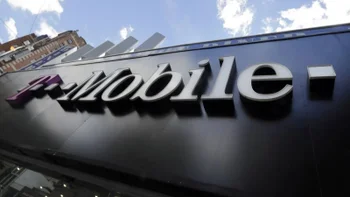
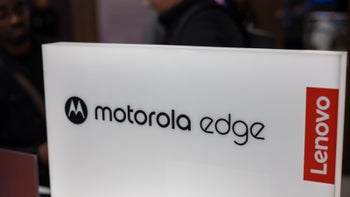
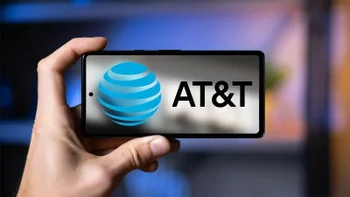
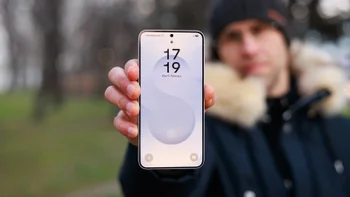
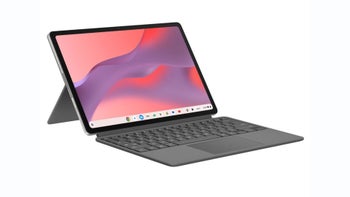

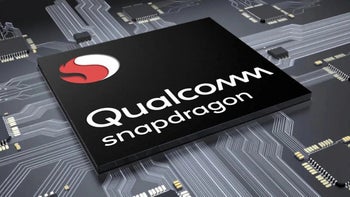
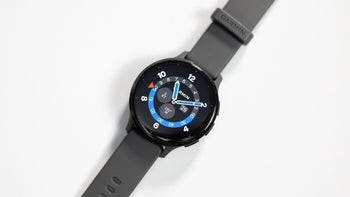
Things that are NOT allowed:
To help keep our community safe and free from spam, we apply temporary limits to newly created accounts: